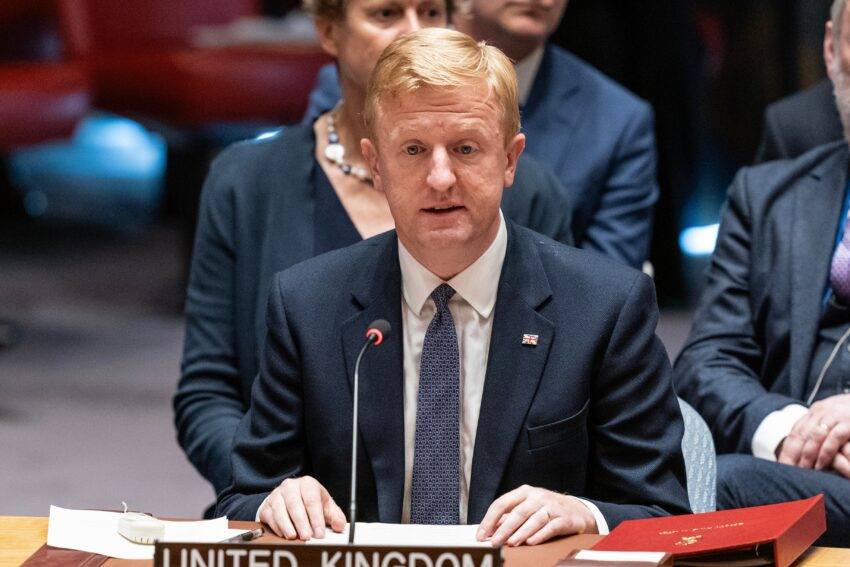Deputy Prime Minister Oliver Dowden has expressed optimism that a free trade agreement with the Gulf Cooperation Council (GCC) could be finalised this year.
Speaking at a business conference in Riyadh, Saudi Arabia, Dowden highlighted the UK government’s prioritisation of this deal with the six-member GCC, which includes Saudi Arabia, the United Arab Emirates, and Qatar.
Dowden emphasized the significant trade relationship, noting, “People forget the GCC is actually the fourth-largest trading partner for the UK.” When asked about the likelihood of concluding the deal by year-end, he said, “I’m hopeful of course. But as ever, just as the GCC need to get the best deal, we need to get the best deal.”
The UK has signed three free trade agreements since leaving the European Union. Securing a deal with the energy-rich GCC would be a timely success for Prime Minister Rishi Sunak’s government, especially with a general election on the horizon. This comes after recent setbacks, including stalled negotiations with Canada and India.
According to Deloitte, demand for imported goods and services in the Gulf countries is expected to increase by 35% to £800 billion by 2045. An agreement would position UK businesses to benefit significantly, as services constitute more than half of UK exports to the GCC. Currently, UK businesses pay an average of 5.5% in tariffs on exports to the Gulf. The UK government estimates that a trade deal could boost annual wages by £600 million and increase GDP by about £1.6 billion by 2035.
Negotiations, which began in 2022, have been complex, given the need to secure a regional agreement with six diverse and often competing countries. These nations impose various barriers on foreign investment and lack a shared regulatory system. Additionally, the UK has experienced tensions with the UAE, a key regional ally and financial hub, over geopolitical issues. However, sources familiar with the negotiations have indicated that these disputes are not expected to hinder the progress of the free trade agreement.
At home, the UK government faces scrutiny over expanding trade with Gulf countries, several of which have been accused of suppressing dissent. While Saudi Arabia has made strides towards social and economic reforms, British officials have privately raised concerns about its crackdown on dissidents.
During the trade delegation in Riyadh, Dowden and Lord Johnson of Lainston, the Minister of State for Business and Trade, praised Saudi Arabia’s business potential. Dowden highlighted the £17 billion in bilateral trade with Saudi Arabia and expressed hopes of increasing this to £30 billion as the kingdom pursues ambitious projects to diversify its economy away from oil dependence. “I think there’s huge opportunities here,” Dowden added.
With both sides showing a strong commitment to finalising the agreement, a successful deal with the GCC could provide a significant boost to the UK’s economic prospects.


